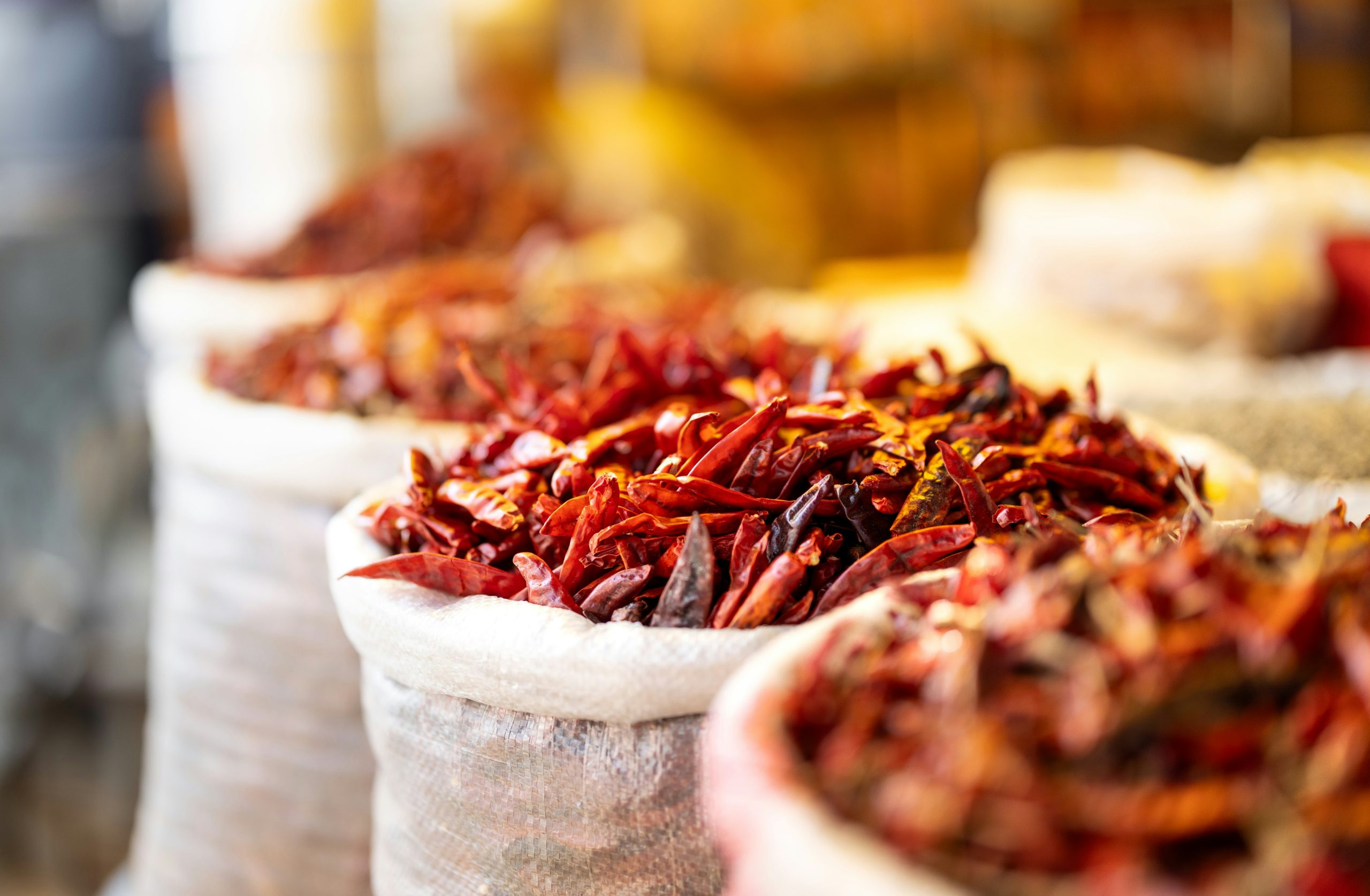Spice Trading History: How Seasonings Shaped World Civilizations
The history of spice trading is one that is rich and complex, with its roots dating back to ancient civilizations. From the early civilizations in Mesopotamia and Egypt to the medieval empires of Europe and Asia, spices have played a pivotal role in shaping the economies and cultures of the world. The trade of spices not only brought about a significant change in the way people ate and cooked, but also had a profound impact on the course of history. In this article, we will explore the fascinating story of spice trading and how these flavorful seasonings have shaped world civilizations.
The Early Beginnings
Spices have been an integral part of human life for thousands of years, dating back to the ancient civilizations of Mesopotamia and Egypt. The Egyptians were known to have used spices, including garlic and onion, in their embalming rituals. They were also the first to develop a keen sense for using spices in their food, which served both as a preservative and a flavor enhancer.
The Mesopotamians, on the other hand, were the first to establish a formal trade route for spices and other commodities. They were also responsible for introducing new spices, such as cumin and coriander, to the world. The trade of spices not only provided a means of sustenance for these early civilizations, but also led to the development of complex trading networks across different regions.
The Spice Trade Route
As ancient civilizations grew and expanded, the trade of spices became more lucrative and widespread. The Spice Trade Route, also known as the Silk Road, was a network of trade routes that connected the East with the West. It spanned over 4,000 miles, starting from China and passing through India, Central Asia, and the Middle East, before finally reaching the Mediterranean Sea and Europe.
The Silk Road was not just a means of transporting spices, but also served as a conduit for the exchange of goods, ideas, and cultures between different civilizations. The traders and merchants who traveled along the route were responsible for spreading knowledge and innovations, such as paper-making and the use of gunpowder, across the world.
The Rise of the Spice Trade Empires
During the medieval era, the spice trade grew in importance and became a major source of wealth and power for empires. The Arab traders dominated the spice trade for centuries, until the rise of the Ottoman Empire in the 15th century. Under the Ottomans, the spice trade flourished, and Constantinople (now Istanbul) became the center of the spice trade.
With the discovery of new routes to Asia by European explorers in the 15th century, the spice trade shifted to the hands of the Portuguese, Dutch, and British empires. These European powers established their own spice trading posts and colonies in Asia, in order to gain a monopoly over the spice trade and increase their profits. This led to a series of wars and conflicts between these rival empires, known as the Spice Wars.
The Impact on World Civilizations
There is no doubt that the spice trade has had a profound impact on world civilizations. Spices were not only prized for their flavor and medicinal properties, but also for their perceived status symbol. The rarity and high cost of spices meant that they were reserved for the wealthy and elite, who would flaunt their wealth by using exotic spices in their food and drinks.
The trade of spices also brought about a cultural exchange between different civilizations. With the exchange of goods, ideas, and religions, the spice trade played a crucial role in the development of global trade and commerce. The introduction of new spices also had a significant impact on the food and cooking styles of different regions, leading to the creation of unique and diverse cuisines.
The Legacy of Spice Trade
Today, the spice trade continues to thrive and plays an essential role in the global economy. The demand for spices has only increased, with new and innovative uses of spices being discovered every day. The legacy of the spice trade is evident in the wide variety of spices found in every kitchen around the world, and the diverse flavors that make our meals more delicious.
In conclusion, the spice trade has been instrumental in shaping world civilizations and influencing our daily lives. It has not only provided a means of sustenance, but has also served as a vehicle for cultural exchange and innovation. While we may take the availability of spices for granted now, it is essential to remember the long and fascinating history that has led to their global popularity today.










